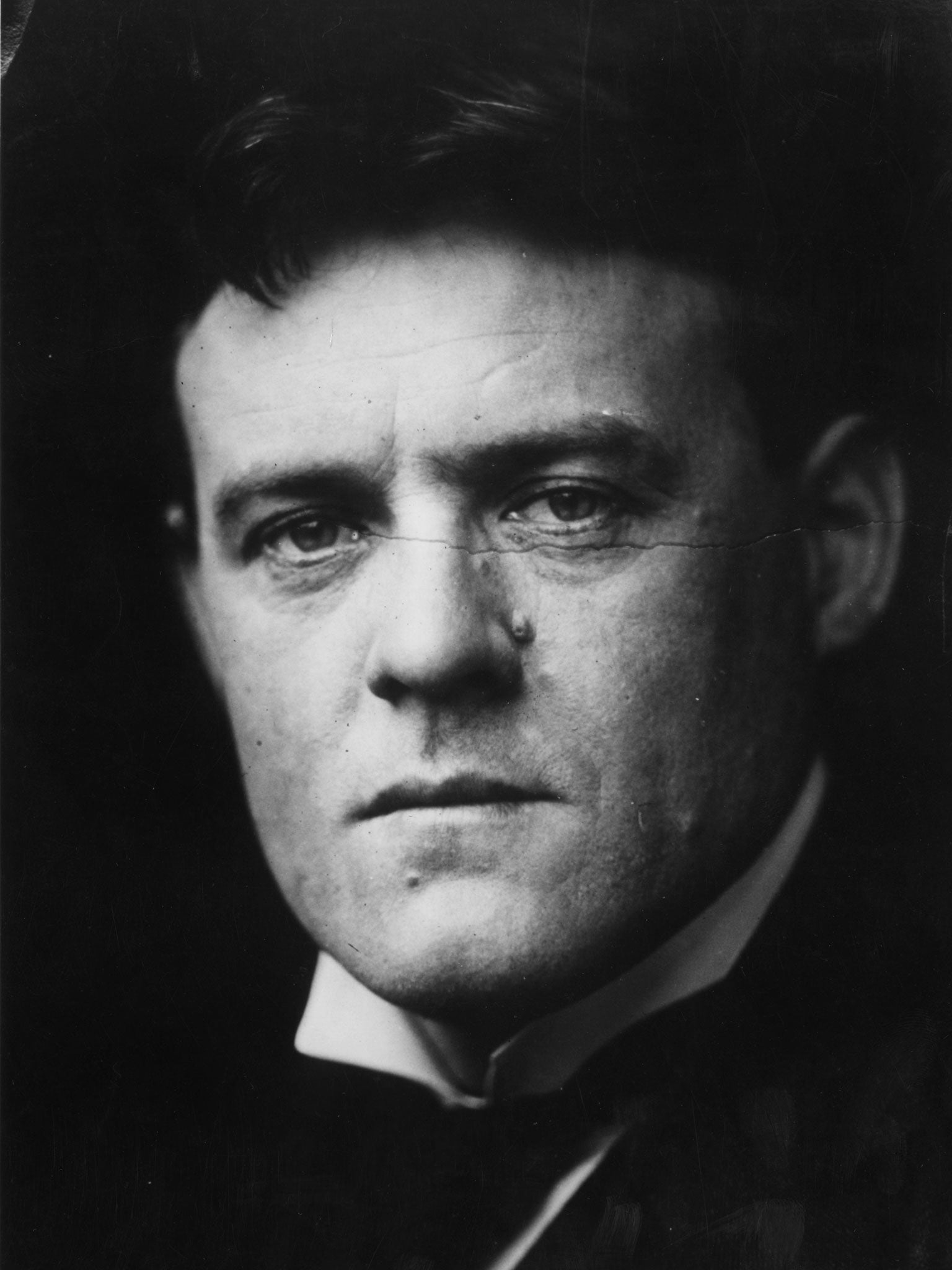Invisible Ink: No 170 - Hilaire Belloc

One of the residents of Chelsea's illustrious Cheyne Walk, along with Dante Gabriel Rossetti, James McNeill Whistler, George Eliot and Isambard Kingdom Brunel, the Anglo-French poet, essayist and historian Hilaire Belloc was born in 1870, and famously said: "When I am dead, I hope it may be said: His sins were scarlet, but his books were read."
During the early part of the 20th-century he was one of the nation's most prolific writers, but virtually none of his work is read any more (except … but we'll come to that later). Output has little to do with longevity, as readers of this column have learned, and while Belloc wrote a lot, much of it now seems contentious, obsessed with Catholicism, militaristic, judgemental, and simply wrong-headed. He particularly took against H G Wells, with whom he had a pretty vicious, long-running feud.
So much about Belloc is contradictory; energetic, pugnacious, and powerfully built, he wrote delicate religious poetry and loved pastoral pursuits, but was also opinionated and highly critical in political and economic affairs; a borderline bigot who vociferously condemned bigotry in others. Much of his writing would now be considered ephemeral, but is of historical interest. Some unspecified event occurred to bring a powerful return of Catholic faith to Belloc, and he reserved much of his bile for Anglicanism, Judaism, and Islam, inspiring admiration and hatred in fairly equal proportion. Belloc's belligerent and bullish views became popular in wartime, possibly allowing him more prominence than he deserved. Given that this committed, difficult man eventually became a successful novelist and historical biographer, it's ironic that he is most remembered for something much simpler, his Cautionary Tales for Children (with memorable illustrations by "BTB" – Basil Temple Blackwood).
Even now, a certain generation of readers (myself included) can recite at least one of these vicious little moralistic ditties by heart, described by the author as being "designed for the admonition of children between the ages of eight and 14 years". The most popular is the story of "Matilda Who told Lies, and was Burned to Death", although it's hard not to love "Lord Lundy, Who was too Freely Moved to Tears, and thereby ruined his Political Career" and "Henry King, Who chewed bits of string, and was early cut off in Dreadful agonies" because the string "tied itself in ugly knots inside". And so a zealous, angry, reformist is remembered for a tiny children's book; a lesson for us all.
Join our commenting forum
Join thought-provoking conversations, follow other Independent readers and see their replies
Comments
Bookmark popover
Removed from bookmarks